-
Open Source Spam Filters for Linux: Comprehensive Overview

Spam emails are a common nuisance, often containing malicious content such as phishing links, viruses, and unwanted advertising. Thankfully, there are several open source spam filter solutions available for Linux that can help prevent such emails from reaching your inbox. These spam filters use various techniques, including pattern recognition, Bayesian analysis, blacklists, and machine learning…
-
Linux Firewall: A Comprehensive Guide to Types and Usage

A Linux Firewall a vital tool for securing systems and networks by controlling incoming and outgoing traffic based on predefined rules. Whether you’re managing a small server or a complex enterprise setup, firewalls are essential to protect your infrastructure from unauthorized access, data breaches, and cyberattacks. Linux offers a variety of powerful firewall solutions, each…
-
Unix vs. Linux: Key Differences and Similarities
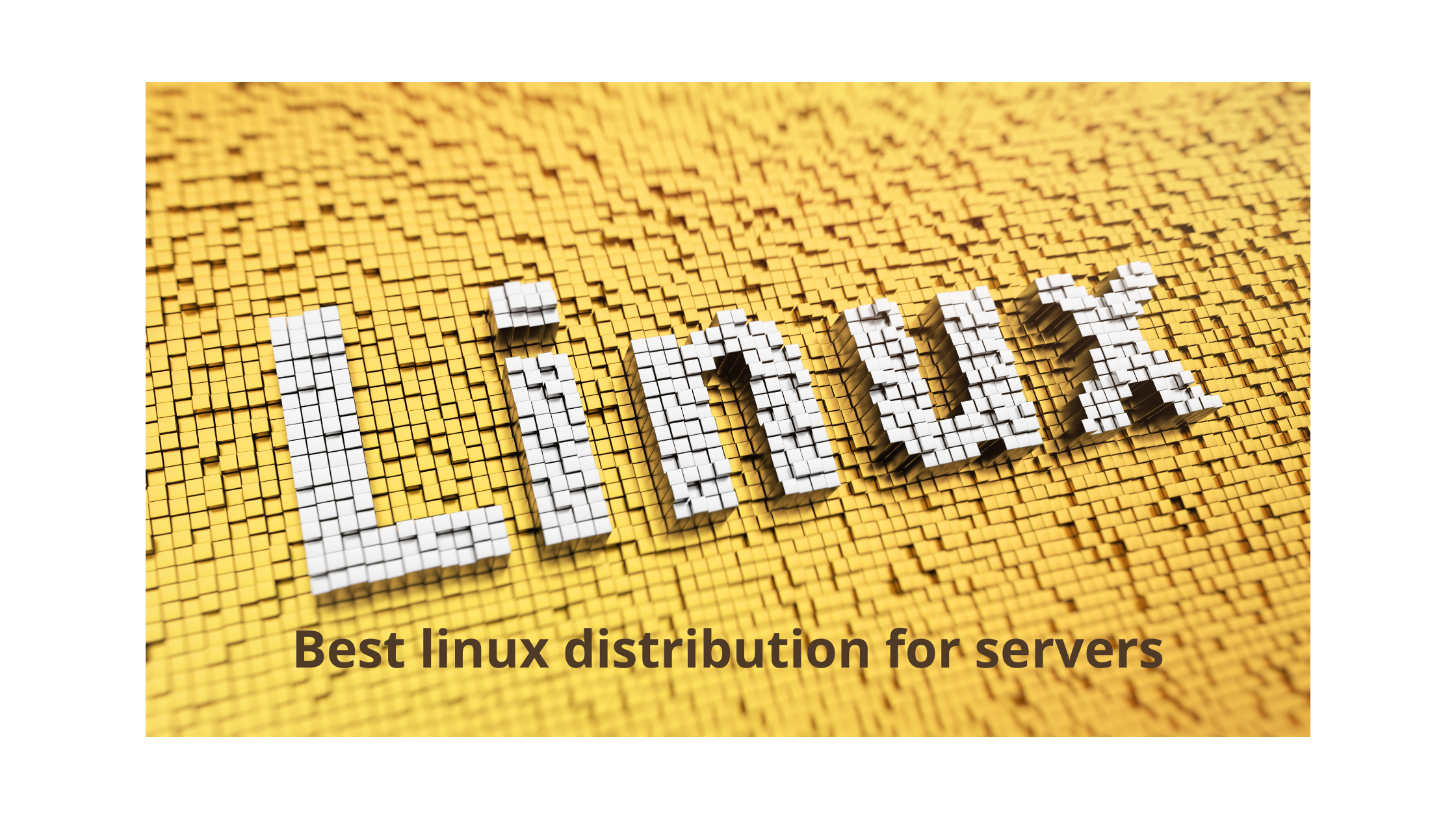
In the world of operating systems, Unix and Linux are two names that often come up. While they share similarities, they also have fundamental differences that set them apart. This article provides a comprehensive comparison of Unix and Linux to help you understand their unique features and use cases. What is Unix? Unix is one…
-
History of AlmaLinux and Rocky Linux: Origins and Evolution
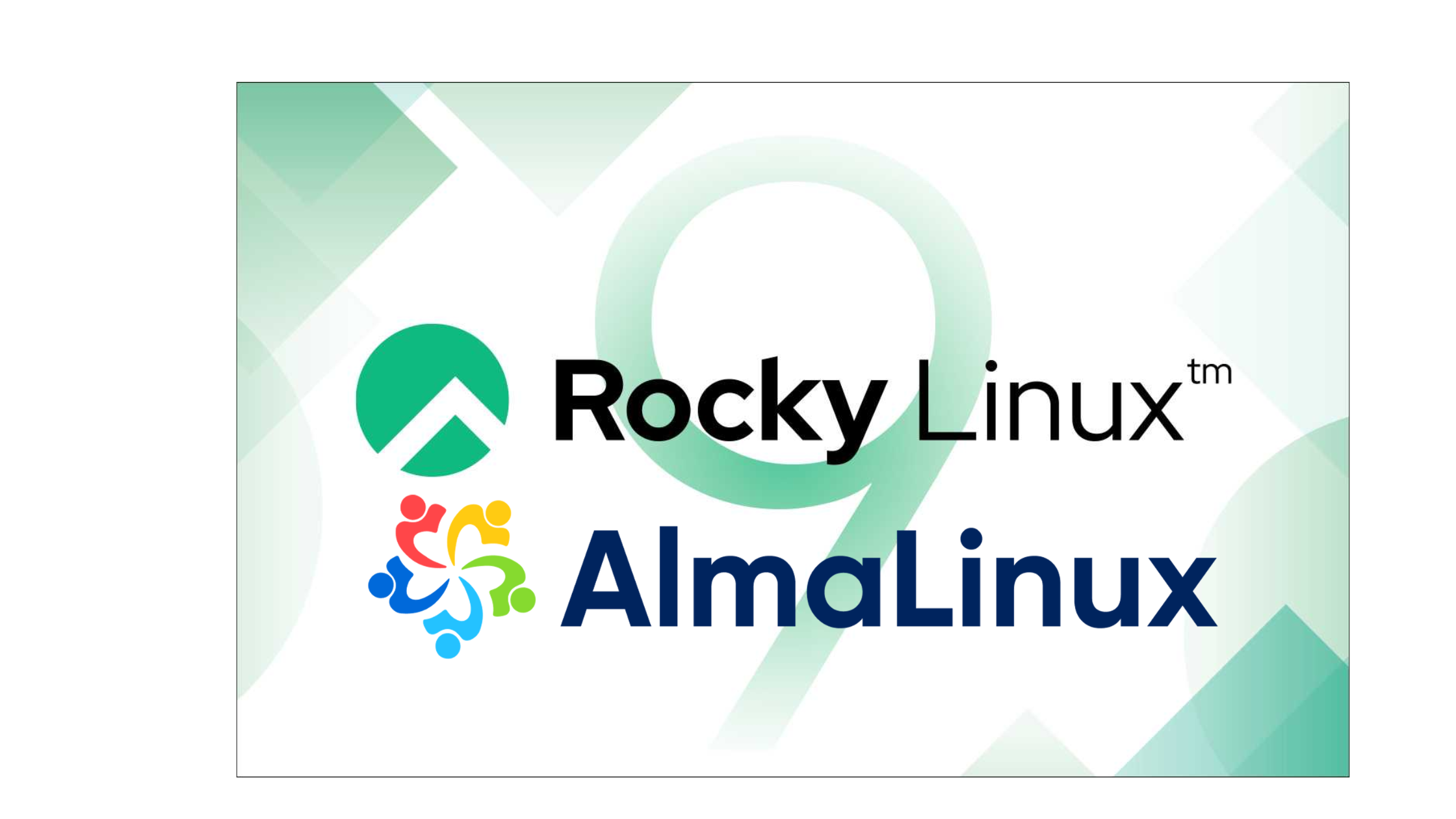
When Red Hat announced in December 2020 that it was shifting its focus from CentOS Linux to CentOS Stream, it sent shockwaves through the Linux community. CentOS had been a cornerstone for enterprise environments, valued for its stability, compatibility with Red Hat Enterprise Linux (RHEL), and cost-free access. This decision left many users searching for…
-
The Role of DevOps in Modern IT Transformation
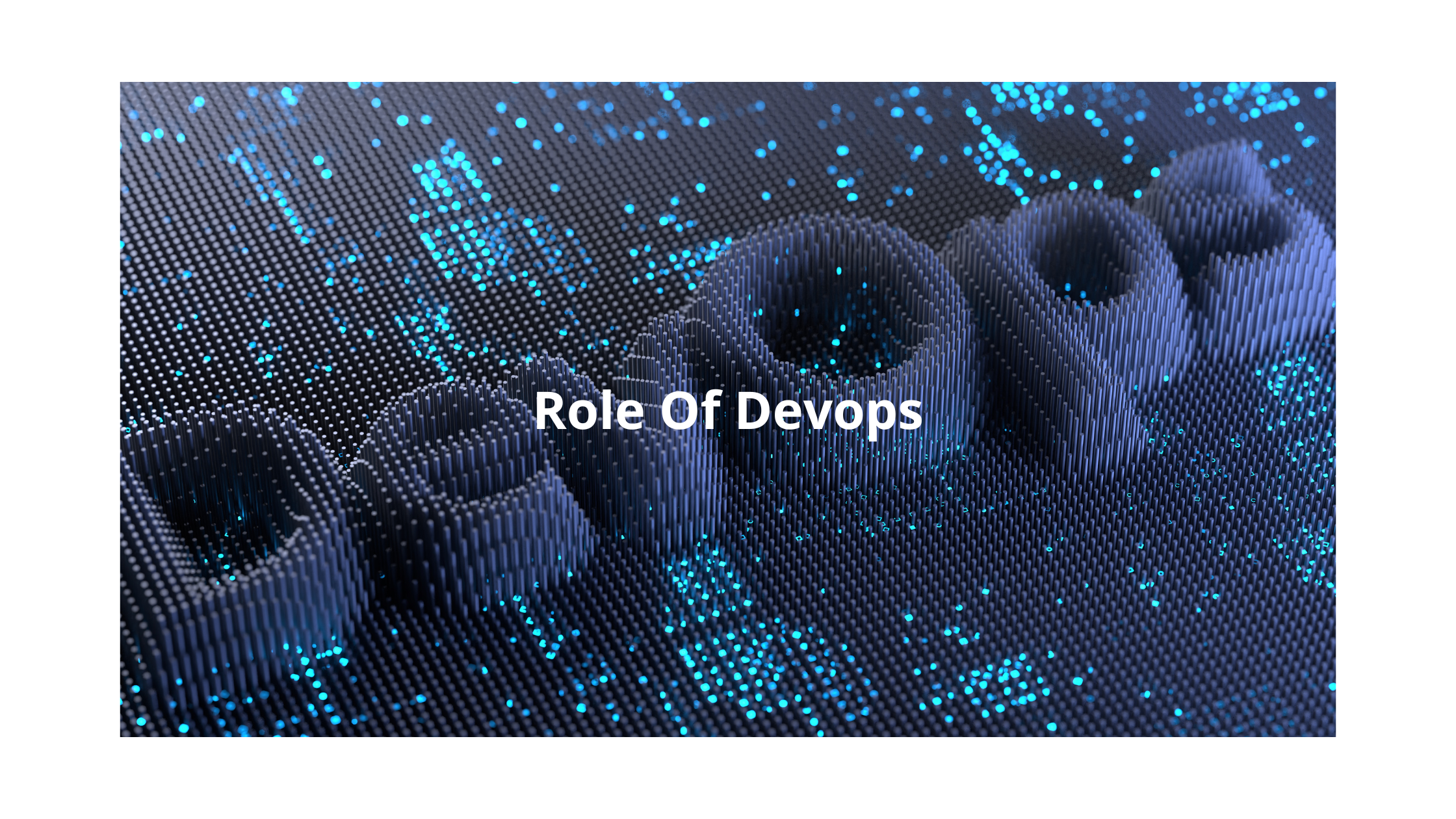
Role of DevOps has revolutionized the way organizations build, test, and deploy software. By fostering collaboration between development and operations teams, DevOps speeds up innovation, improves software quality, and enhances system reliability. In this article, we’ll explore the key principles of DevOps, its benefits, and how businesses can implement it effectively. What is DevOps? DevOps…
-
The Role of System Administrators in IT Management
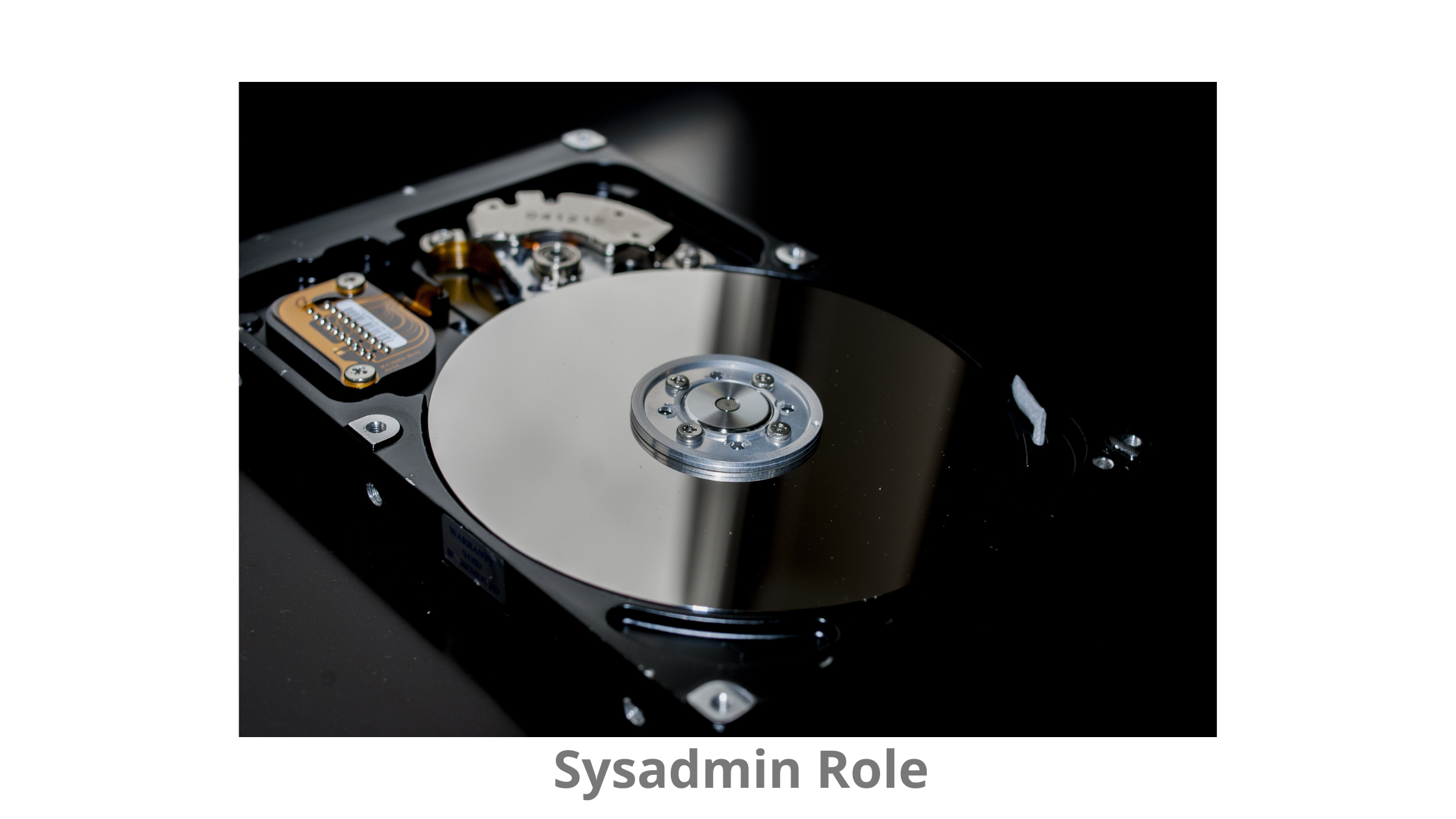
The role of System administrators, commonly known as sysadmins, are vital to the success of modern businesses. They work quietly behind the scenes to ensure that IT systems are reliable, secure, and efficient. Without sysadmins, many organizations would face operational delays, security risks, and frustrated employees. This article explores the importance of sysadmins, their responsibilities,…
-
Essential Command-Line Tools for Linux Monitoring
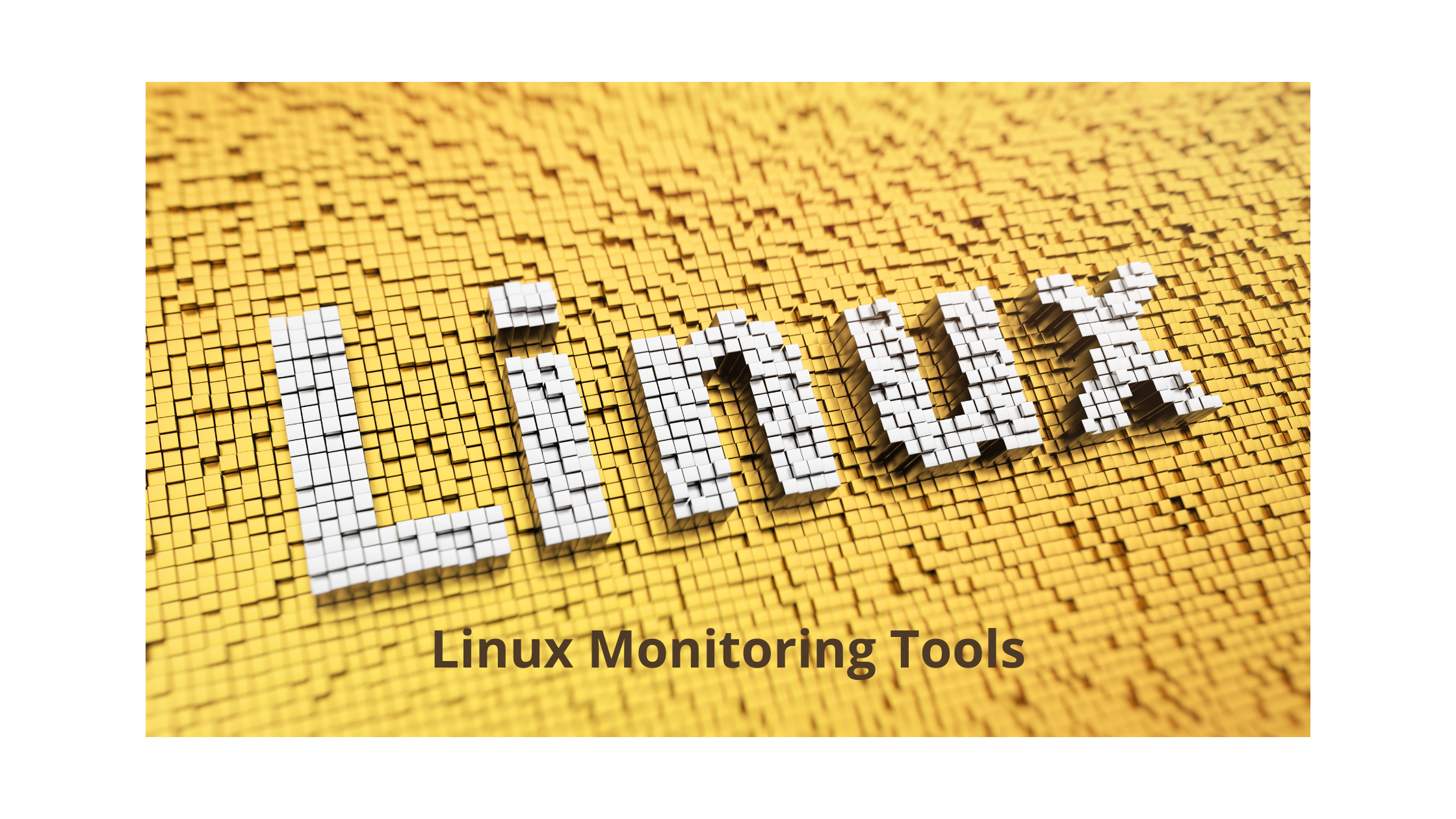
Linux monitoring tools are crucial for managing system health, optimizing resource usage, and troubleshooting performance issues. This article reviews the best Linux monitoring tools for tracking everything from CPU and memory to network and disk activity in real-time. These tools are designed for Linux users at all levels, providing insights that keep your system running…
-
Best Linux Distribution for Server: Top Picks for 2024

When selecting the best Linux distribution for a server, it’s essential to consider several factors: stability, security, support, and the specific needs of your application or business. Whether you’re hosting websites, managing databases, or running enterprise-level applications, the right Linux distribution can optimize your server’s performance and long-term reliability. In this article, we’ll explore the…
-
OpenVZ vs KVM: Which VPS Solution is Right for You?

When it comes to choosing the right VPS for your website or application, the decision often comes down to OpenVZ vs KVM. Both offer unique advantages and disadvantages, but understanding the differences between OpenVZ and KVM is crucial for selecting the best solution for your needs. In this article, we’ll explore the core features of…
-
KVM Virtualization: The Top Choice for Linux-Based Systems

In today’s rapidly evolving IT landscape, virtualization has become a critical component for businesses and developers alike. When it comes to Linux-based virtualization, Kernel-based Virtual Machine (KVM) stands out as one of the most powerful and flexible solutions available. But why is KVM the preferred choice for so many users in the Linux ecosystem? What…